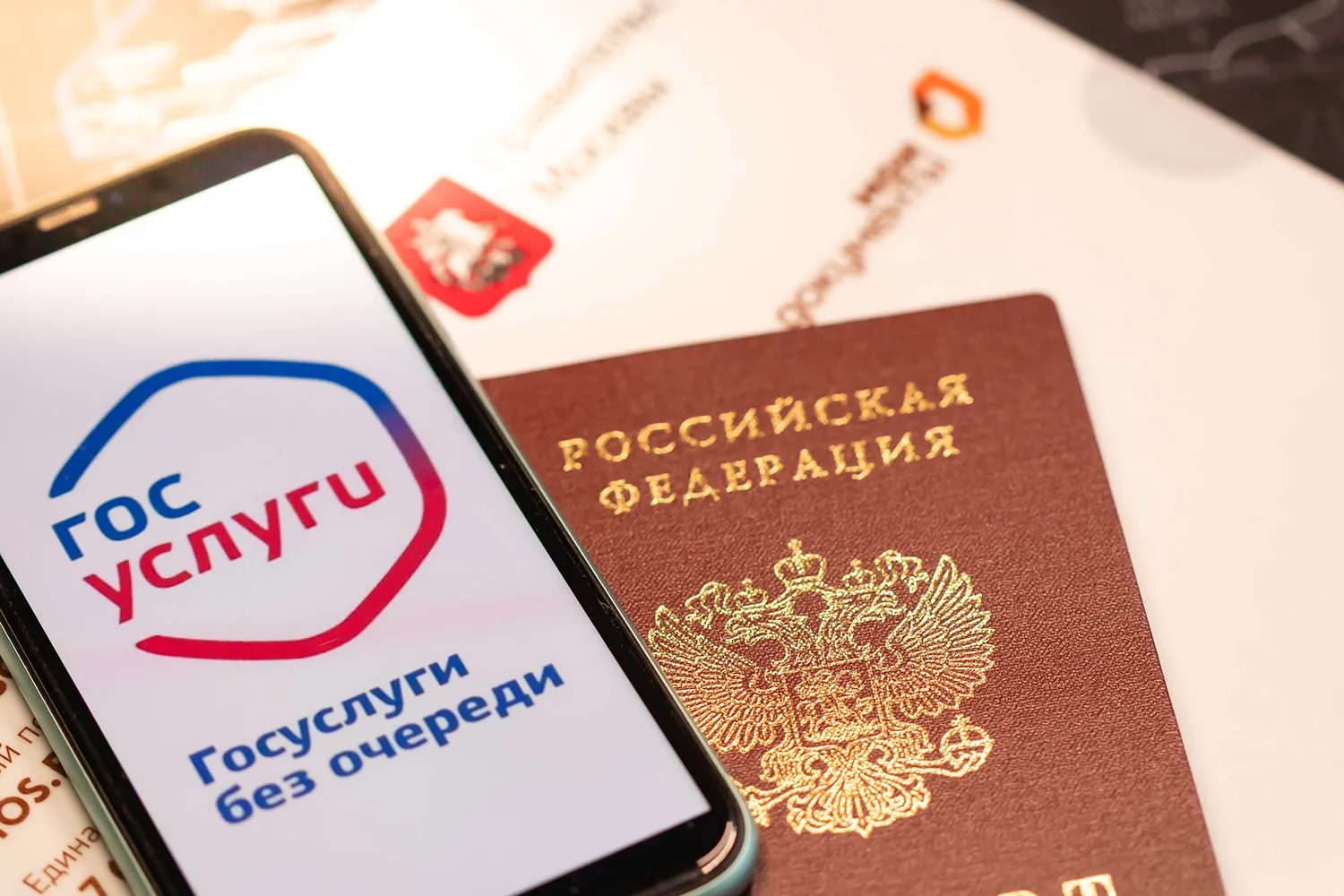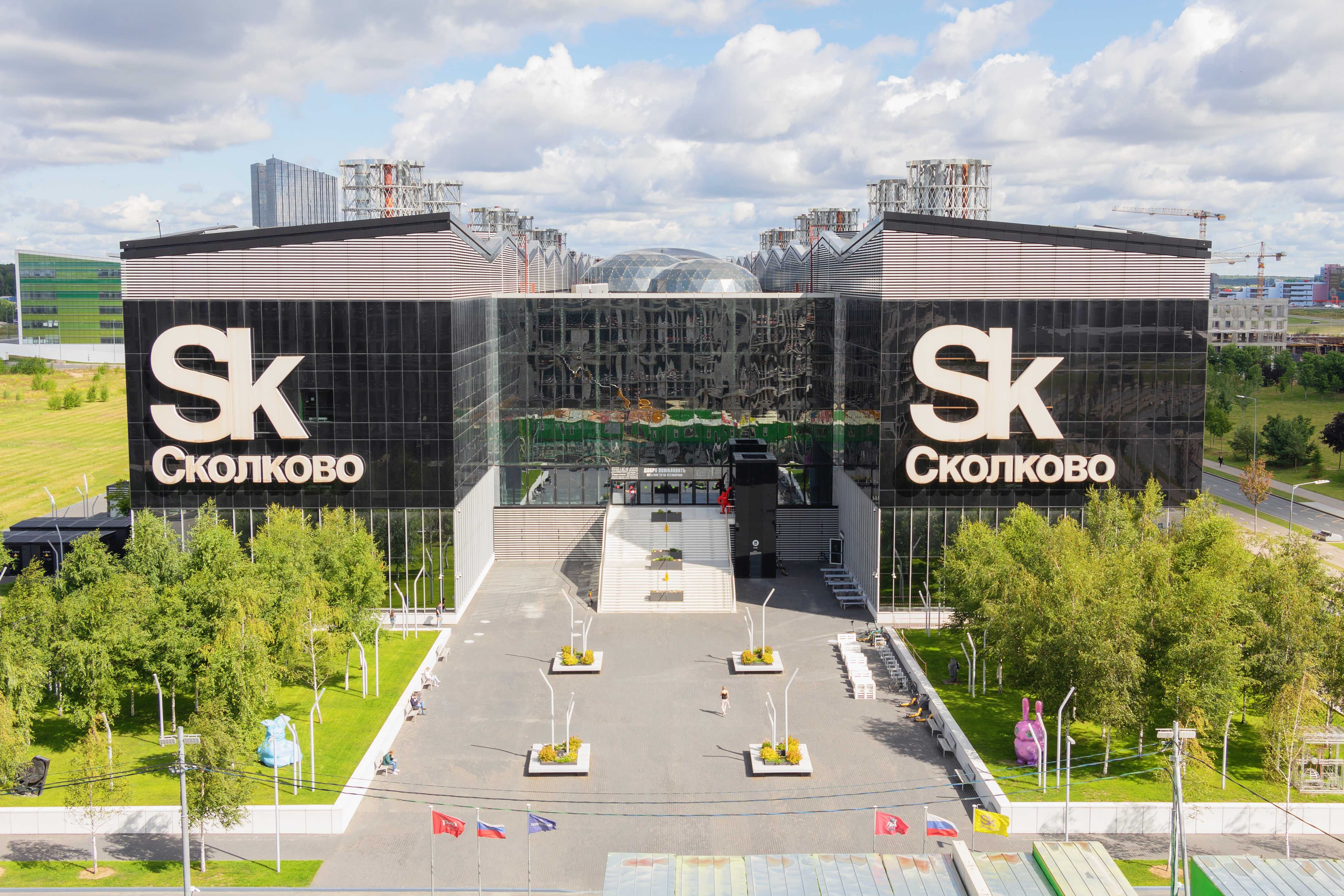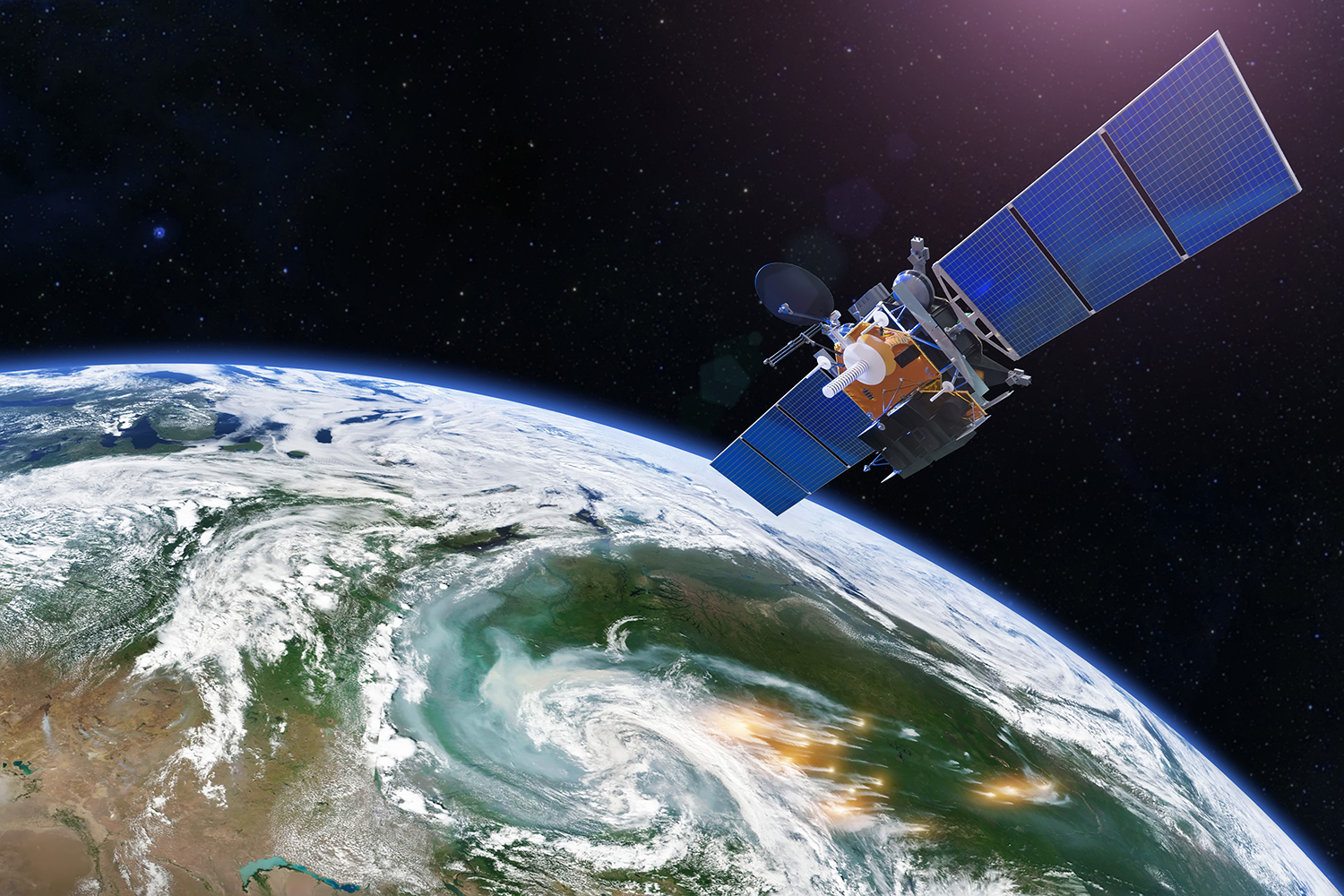Russia Connects the World: Satellite Tech for the Global South

Russia is expanding its satellite communications beyond national borders, delivering high-speed connectivity and infrastructure support to underserved regions around the world.
From Domestic Sovereignty to Global Connectivity
Russia’s recent push for digital sovereignty has led to the development of a robust domestic satellite communications network. With rising geopolitical uncertainty, Moscow is prioritizing technologies that are independent of foreign vendors—particularly in telecom, where trust and continuity are mission-critical.
The country’s 'Sfera' federal program is at the heart of this strategy. It includes five satellite constellations for communication—Yamal, Express-RV, Express, Skif, and Marathon—and five for Earth observation: Berkut-X, Berkut-O, Berkut-VD, Berkut-S, and Smotr. These networks aim to deliver stable broadband access, even to the most remote Russian regions.

International Partnerships and Shared Access
But Russia’s ambitions don’t stop at its borders. It is now extending telecom infrastructure and satellite access to the Global South—regions often bypassed by Western providers. Partners in Africa, the Middle East, and Southeast Asia are expressing interest not just in technology transfers, but also in workforce training and knowledge sharing.
Russia is working with China on the International Lunar Research Station, which now includes 13 countries. The joint initiative will place a power station and eventually communication satellites in lunar orbit by 2030. Roscosmos head Dmitry Bakanov confirmed launches of orbital and lander missions—Luna-26 through Luna-30—are already underway.
Iran has emerged as a key partner too, with Russian rockets launching the Hodhod communications satellite and the Earth-observing Kowsar. The 'Druzhba ATURK' student satellite and the Amaisat, developed jointly with Zimbabwe, showcase Russia’s commitment to collaborative R&D with Global South nations.

Value Proposition and Long-Term Mission
Companies like GLONASS are scaling internationally, offering navigation and safety services to African governments. A new GLONASS ground station in Venezuela will boost the quality of location services across Latin America.
Russia’s satellite services stand out for their bandwidth performance and signal resilience—key advantages in countries that can’t afford expansive terrestrial networks. They are also cost-effective, making them attractive for large-scale public access projects.
Russia’s export of satellite communications is about more than profit. It aims to enable digital equity and self-sufficiency. Unlike Western approaches that often tie technology to political leverage, Russia offers partnership on more equal terms—helping build infrastructure and talent in underserved regions.









































